On Friday, Chinese President Xi Jinping met with the leaders of Kazakhstan, Uzbekistan, Tajikistan, Turkmenistan and Kyrgyzstan. He proposed expanding cooperation, including in the defense sector.
The first summit of the C5 group was held on May 19 in the ancient Chinese capital of Xi’an, in the past, the famous “Silk Road” originated from there. At the end of the meeting, Xi announced China’s readiness to “strengthen the defenses” of the Central Asian republics, enhance their security capabilities in order to “guarantee peace in the region,” the Xinhua news agency reported.
According to AFP, in his speech, Xi called for increased security cooperation against the “three evils” in the region, which Beijing includes separatism, terrorism and extremism. “The six countries must firmly oppose foreign interference in internal affairs and attempts to unleash “color revolutions” – declared the Chinese President, referring to the unrest in the former Soviet republics, which, according to Moscow in particular, are supported by the West.
The head of China informed about plans to allocate 26 billion yuan ($3.6 billion) in the form of financial support and “free aid”, while not specifying what these funds would be used for.
As expected, in the near future, China intends to resume joint military exercises, with the participation of the country’s internal troops, with the post-Soviet countries, said Temur Umarov, a researcher at the Carnegie Russia Eurasia Center, in an interview with the Financial Times. According to him, Tajikistan, which borders not only on China, but also on Afghanistan, may be of particular interest to Beijing:
“The army of Tajikistan is by no means the strongest in Central Asia. Therefore, from the point of view of China, this is only a continuation of measures to ensure their own national security.”
The post-Soviet Asian countries that were previously in the orbit of the Kremlin are now seeking to move away from the Russian Federation, which has become “toxic” due to the war in Ukraine and Western sanctions. Kazakhstan, one of Russia’s largest trading partners in the former Soviet Union, has refused to support an invasion of Ukraine, and last year signed an intelligence-sharing agreement with Turkey, a NATO member.
Experts point out that Beijing wants to seize the opportunity to establish itself as an important geopolitical partner in a strategically important region for itself. “Xi will position himself as a leader who can contribute to global development and peace,” said Zhiqun Zhu, professor of international relations and political science at Bucknell University.
Despite the weakening of Moscow’s influence in the region, it is still clearly premature to talk about its complete replacement by China, said Chinyu Shih, a researcher at the Institute of National Defense and Security of Taiwan: “It’s a quiet competition.”
According to Chinese official statistics, last year China’s trade with the C5 countries amounted to $70.2 billion, and 80% of the cargo flow to Europe was provided by transit through these states, writes moscow times.
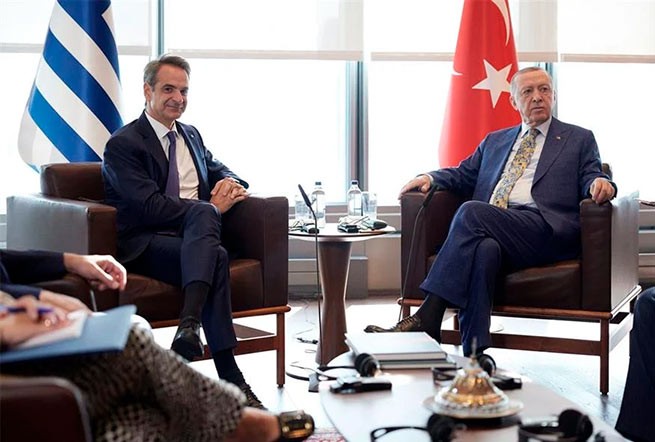
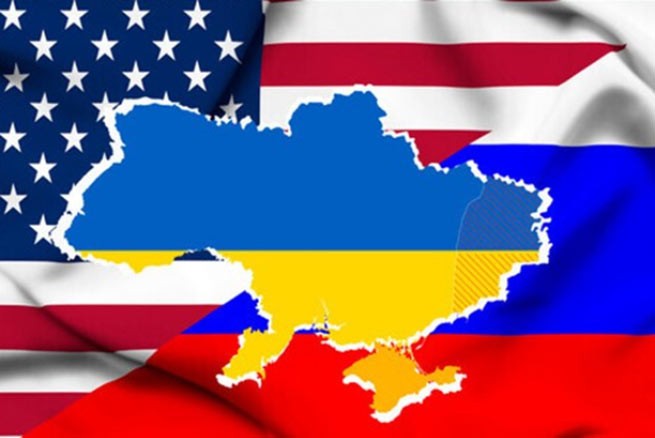
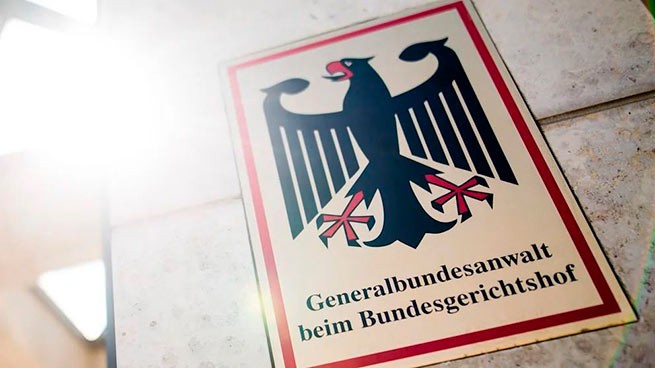
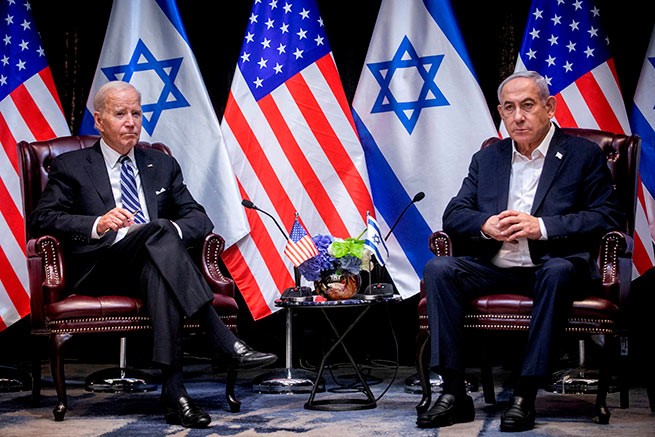
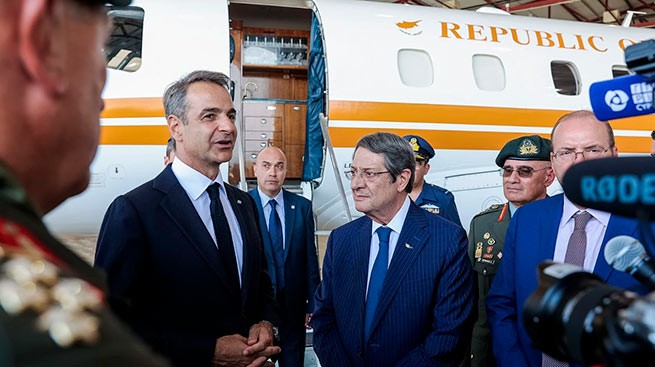
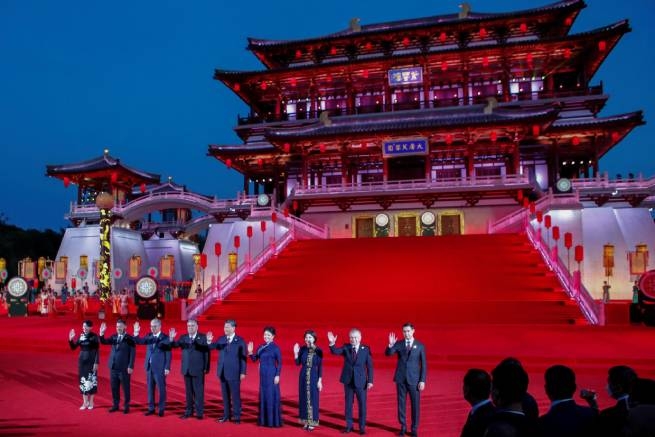

More Stories
4 scenarios for the development of the war in Ukraine
There was a scandal in Cyprus over the Prime Minister's plane, donated by K. Mitsotakis
Nuclear wrestling between the USA and Russia: are we heading towards the use of strategic weapons?